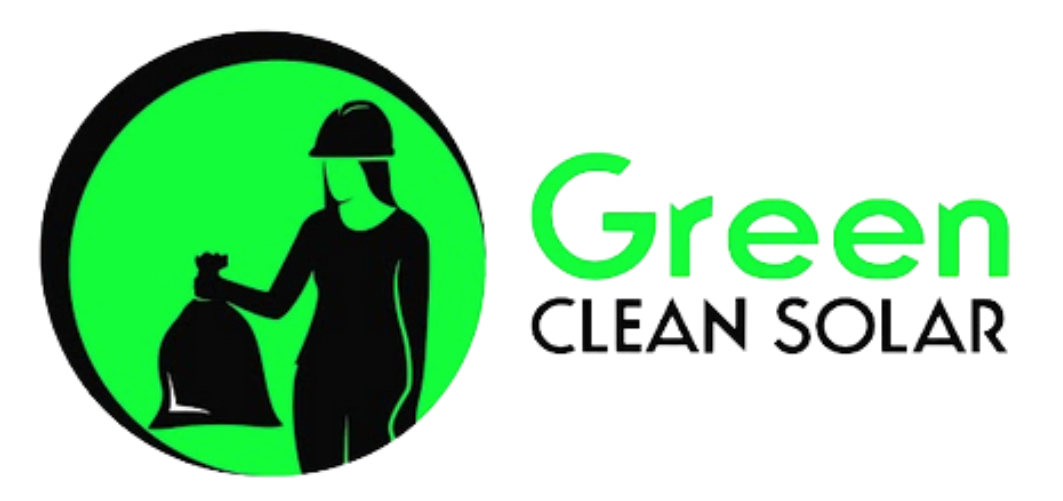How Will ESGs & Waste Reporting Impact Solar Panel Recycling & Installation Sites?
- Emilie O'Leary

- Aug 16, 2024
- 3 min read
“Who Cares Wins” is the title of the International Finance Corporation’s tipping point report that coined the term Environmental Social Governance Report (ESG). In 2005, the concept may have been executed by a handful of insightful, well-intentioned investors.

Fast forward to today, and the rapid expansion of ESG investing now claims a quarter of all professionally managed assets across the globe, over $20 trillion. The World Economic Forum’s International Business Council is working with world leaders and professionals to identify core ESG themes and metrics to improve how businesses measure and report ESGs. But what explains the remarkable rise of ESG investing, and what does this mean for the future?
Meeting the needs of people, the planet, and profits is no longer a tagline but quickly becoming a prerequisite for investment dollars and compliance. We know solar projects are a huge part of ESG goals for pollution, but solar waste metrics will also need to be accounted for in these new models.
ESG & Business Transparency
Transparency is the future of business. Sustainable waste management for solar companies starts early on with a plan for where project waste will go. Whether the job is done in-house, a time-consuming task for teams, or outsourced to a professional, the future of waste accountability is transparent.
One of the highest priorities for ESG metrics and reporting is waste, as seen in the key issue hierarchy :
Toxic Emissions & Waste
Packaging Material & Waste
Electronic Waste

Source: MSCI ESG Ratings Methodology Report
The solar industry has two issues to tackle here: packaging materials and electronic solar panel waste. While California is the only state that has categorized solar panels as universal or “hazardous” waste - like television cathode rays, it’s only a matter of time before the Environmental Protection Agency (EPA) categorizes materials under the Resource Conservation and Recovery Act (RCRA).
ESG Investing
A higher ESG rating can garner companies more investment opportunities and lower interest rates. But what is an ESG rating? How is it constructed? What are the key components? Knowing these metrics is vital for solar installation companies and contractors, as you will have a better insight on the prerequisite for clients and when it’s time to go out to bid. How can your solar services help expand client ESG rating, metrics and improve reporting?

ESG Rating
Rating models are being honed now, but generally, you can find these core questions addressed in an ESG rating system:
What are the most significant ESG risks and opportunities facing a company and its industry?
How exposed is the company to those key ESG risks and/or opportunities?
How well is the company managing key risks and opportunities?
What is the overall picture for the company, and how does it compare to its global industry peers?
One of our current risks for the solar industry is our waste issue, which will continue to grow until we resolve it. But we must see our waste issue as an opportunity and grab the unrecovered materials as a way to a greener, cleaner future. We’re at the precipice where genuine sustainability metrics will measure competitive advantage. For the U.S. solar industry brands, particularly, we will have to face rankings to E.U. companies where recycling is mandated. The rate is nearly the opposite of the U.S. solar panel rate - 90% recycling.
With a typical lifespan of 25-30 years, there are more often requests for new solar panels before the end of their lifecycle. What does that mean? Efficiency in renewable energy, more adoption of solar energy, making for a better healthier environment. As it stands now, ESG Reporting is in its prepubescent stages but growing, and the area of waste reporting has a bigger impact in almost every area; renewable energy is not left alone. The amount of packaging that comes from installing solar panels is enormous. As waste reporting grows, let’s look at what naturally will happen to the opportunities in solar panel recycling and installation sites.
Solar ESGs and the future of transparency
The solar industry will be helping many companies reach their ESG goals when it comes to clean energy. This alone is a monumental victory worth a heavy celebration. Tracking waste efforts will be vital for future-proof projects to ensure full transparency of a solar project site and edge toward higher sustainability goals.
At Green Clean Solar, we’re turning the solar trash burden into an opportunity. We help solar sites manage waste better by implementing easy pickups and waste diversion-first efforts.
Green up your solar site! Call the Green Clean Solar team now to schedule a full-scope clean-up.
Contact us at 770-229-7168, or
email us at easyclean@greenclean-solar.com
Resources:




Comments